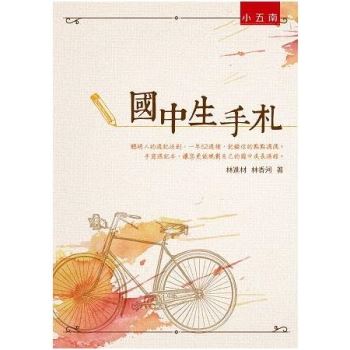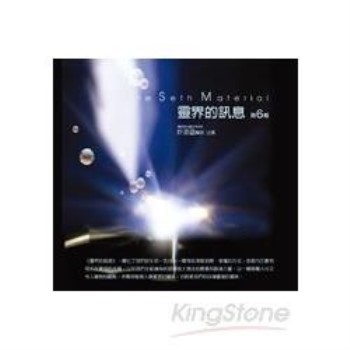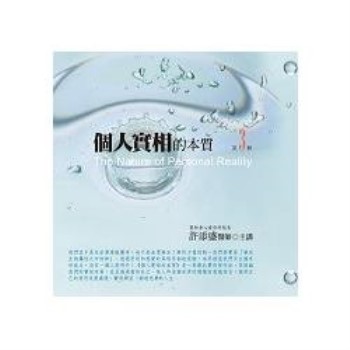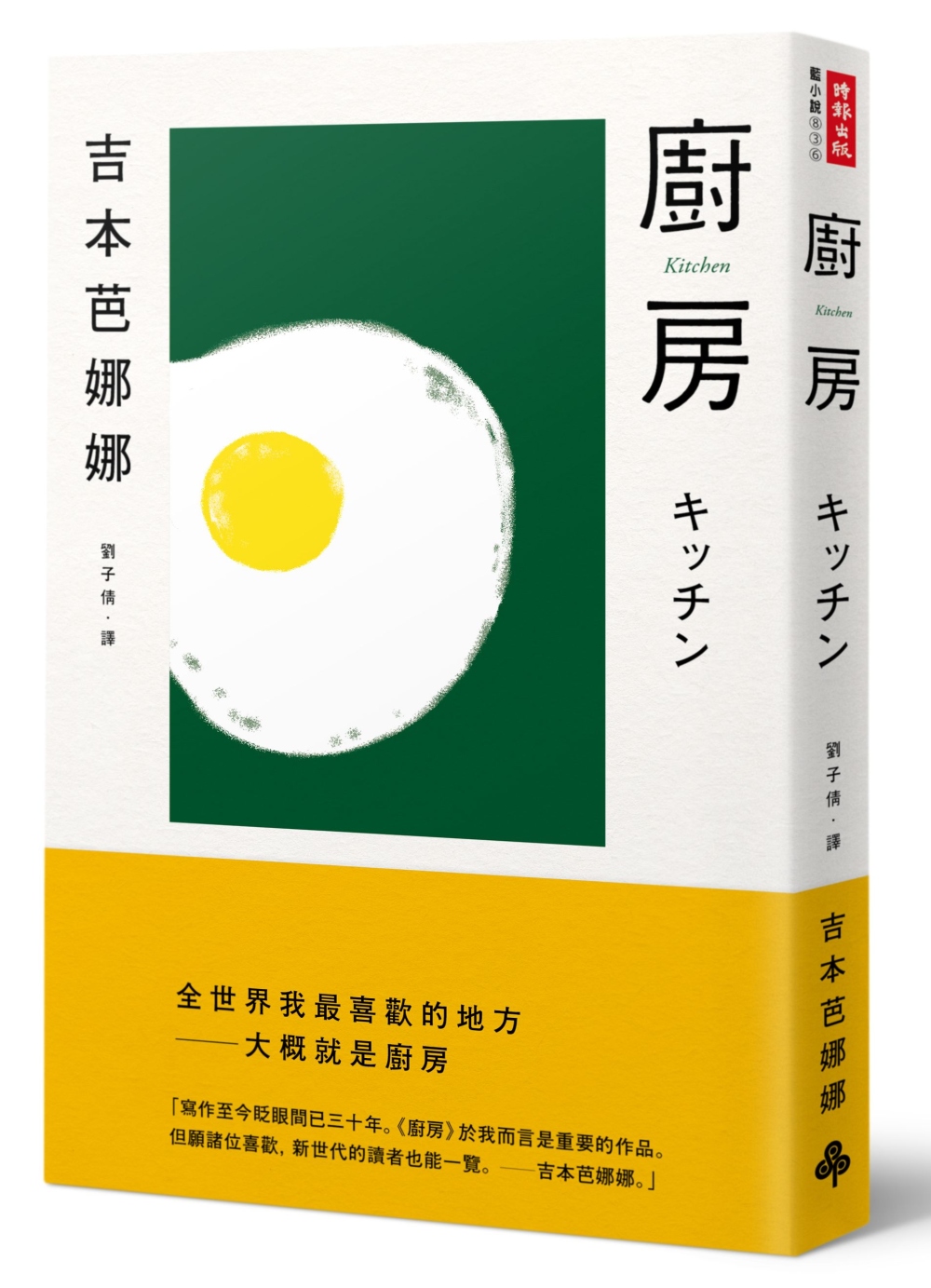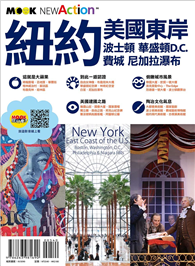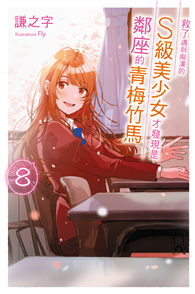This book examines controversies in American wine culture and how those controversies intersect with and illuminate current academic and cultural debates about the environment and about interpretation.
With a specific focus on the United States of America, the methods that we use to discuss literature and other art are applied to wine-making and wine culture. The book explores the debates about how to evaluate wine and the problems inherent in numerical scoring as well as evaluative tasting notes, whether winemakers can be artists, the discourse in wine culture involving natural wine and biodynamic farming, as well as how people judge what makes a wine great. These interpretative commitments illuminate an underlying metaphysics and allegiance to a culture of reason or feeling. The discussions engage with a broad range of writers and thinkers, such as Roland Barthes, Susan Sontag, Louis Menand, Michael Pollan, Greg Garrard, John Guillory, Amitov Ghosh, Pierre Bourdieu, and Barbara Herrnstein-Smith. The book draws upon not only a number of texts produced by wine critics, wine writers, literary critics and theorists but also extensive interviews with wine writers and multiple California winemakers. These interviews contribute to a unique reflection on wine and meaning.
This book will be of great interest to readers looking to learn more about wine from cultural, literary, and philosophical perspectives.

